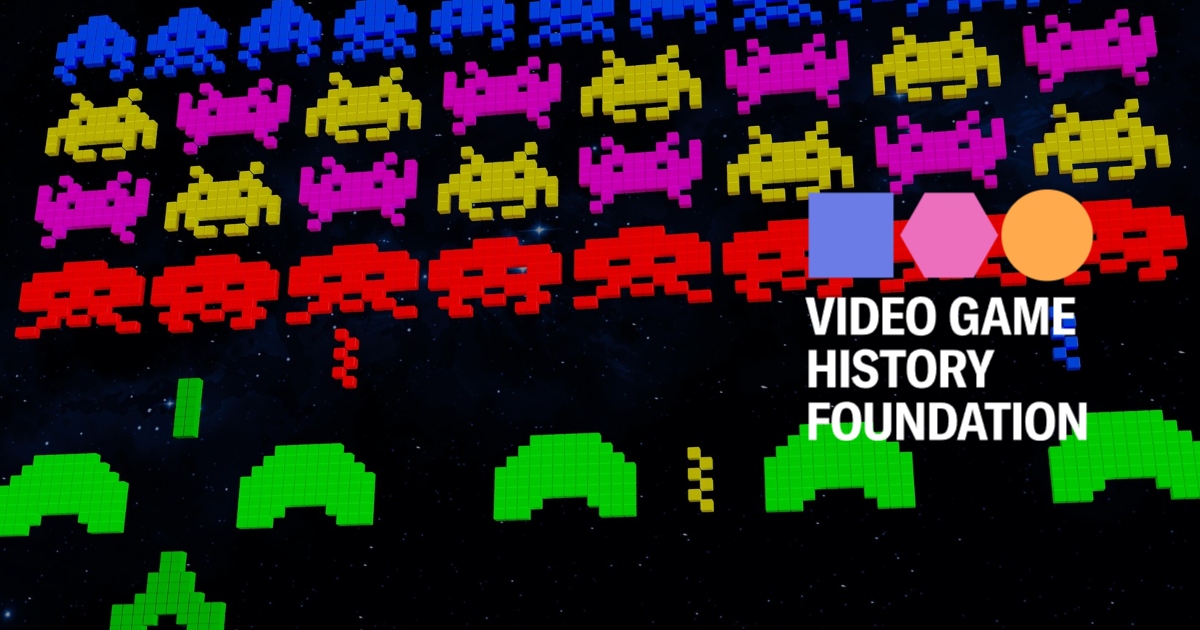US Copyright Office rejects DMCA exemption to allow remote access to out-of-print video games
The US Copyright Office has decided not to grant an exemption in the Digital Millennium Copyright Act (DMCA) that would support video game preservation and allow researches to remotely access classic titles.

Image: MasterTux (via Pixabay)
The stumbling block was Section 1201 of the DMCA, which “prohibits the circumvention of technological measures employed by or on behalf of copyright owners to protect access to their works, as well as the trafficking in technology or services that facilitate such circumvention.”
For the past three years, the Video Game History Foundation (VGHF) has been working with the Software Preservation Network (SPN) on a petition to expand this section of the law. This would allow libraries and archives to legally circumvent the restrictions and remotely share copies of out-of-print games for academic and other research purposes.
Last week, the US Copyright Office has rejected the proposed exemption (thanks, Game Developer), also citing the Entertainment Software Association (ESA), which has been vocal in its opposition to such preservation measures. It noted that the VGHF and other proponents didn’t provide a “clear requirement to know who the users are or why they want to access a game.”
The ESA added that there is also a “substantial market for classic games,” including the one for authorized versions of retro titles and their re-releases, which could be “jeopardized” by the broad exemption.
In its own statement, the VGHF called the decision disappointing, especially given that researchers have to “explore extra-legal methods to access the vast majority of out-of-print video games that are otherwise unavailable.”
“We’re not done fighting here,” the Foundation stated. “We will continue our advocacy for greater access and legal allowances for video game preservation and working with members of the game industry to increase internal awareness around these issues.”
The VGHF noted that it still has no regrets about going through this process. Thanks to the work on this petition, the organization managed to conduct research on video game preservation, which found out that 87% of classic games in the US are at risk of sinking into oblivion.